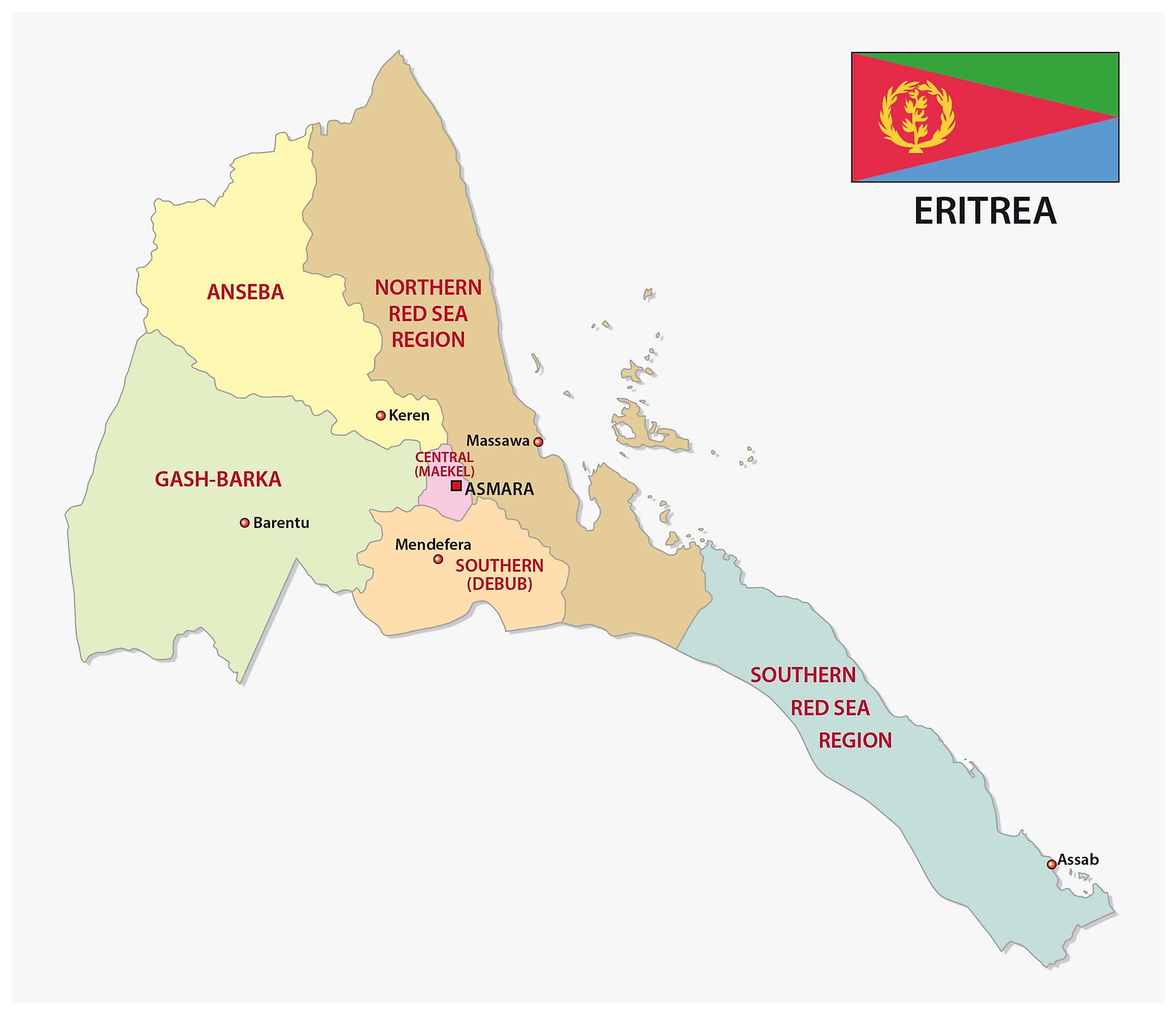
Escalating Tensions in Northern Ethiopia
Northern Ethiopia is witnessing a growing sense of unease, two and a half years after the Tigray peace deal. The region, still recovering from a brutal two-year civil war, is now facing new concerns about renewed conflict. Reports of troop movements and sporadic clashes have emerged, raising fears that the fragile peace could soon be shattered.
The conflict between the Tigray People's Liberation Front (TPLF) and federal government forces claimed an estimated 600,000 lives before ending with the Pretoria peace agreement in November 2022. Despite this, the situation remains volatile, with many residents living in constant fear.
A Climate of Fear
Residents in Mekele, the capital of Tigray, describe a climate of fear that has gripped the region. "We can't plan anything at the moment," said one woman. "We're just trying to survive. A new war could break out tomorrow." Life has become increasingly expensive, and people are struggling to rebuild their lives. Many are withdrawing money from banks and stockpiling essentials like oil and teff, an Ethiopian cereal.
Despite assurances from TPLF leaders, fear continues to spread among civilians. General Tadesse Werede, head of the Tigray interim government, has urged caution against misinformation and vowed, "There will be no war and no provocation from Tigray's side." However, his faction faces challenges from other TPLF groups, including those led by Debretsion Gebremichael, who has called for a political resolution grounded in the Pretoria agreement.
Eritrea’s Role in Regional Instability
Eritrea's involvement in the region has raised concerns. During the Tigray conflict, Eritrean troops supported Ethiopian Prime Minister Abiy Ahmed's campaign against the TPLF. Critics warned that peace would remain fragile without Eritrea at the negotiating table. President Isaias Afwerki, who has ruled Eritrea for decades, was notably absent from the Pretoria talks.
Now, growing fears point towards Eritrea's involvement in the region. Experts suggest that Eritrea benefits when Ethiopia is weakened, as internal fragmentation and local conflicts serve its strategic interests. Observers say Eritrea has trained armed groups inside Ethiopia, including the Fano militia in the Amhara region. In March, Fano fighters clashed with Ethiopian federal troops, resulting in over 300 militia deaths.
Historical Context and Recent Developments
Eritrea and Ethiopia have a long and contentious history. After colonial rule ended, Eritrea was absorbed into a federation with Ethiopia in 1952 and later forcibly annexed, sparking a decades-long independence struggle. Eritrea finally broke away in 1993, costing Ethiopia its only direct access to the sea. Since then, Eritrea has become one of the world's most repressive and isolated regimes under Isaias Afwerki.
A new report by The Sentry, a US-based watchdog group, highlights Eritrea's role in the Tigray conflict. The report identified two clear patterns: systematic looting of Tigray during the war and illicit trade, including smuggling gold, sesame, cultural artifacts, and even people from Tigray. These activities are believed to have helped fund Eritrea's ongoing operations in Ethiopia.
Strategic Moves and Political Calculations
In 2018, Ethiopia and Eritrea signed a peace agreement, ending years of open hostility. Prime Minister Abiy was awarded the Nobel Peace Prize for the breakthrough, but Afwerki was left out despite the deal helping to lift the UN arms embargo against Eritrea. The Sentry also documented how Eritrea subsequently bought weapons, including from Russia.
Eritrean Information Minister Yemane Ghebremeskel dismissed the report as a "fabricated narrative" meant to scapegoat Eritrea. However, the Eritrean military is reportedly strengthening its positions near the Tigray border, with some reports suggesting it may have advanced up to 10 kilometers into Ethiopian territory.
The Road Ahead
The Pretoria Agreement stipulated the withdrawal of all non-federal forces from Tigray, including Eritrean troops. It is now up to the Ethiopian government to find a political solution, both with Eritrea and with the divided TPLF. Analysts warn that Abiy could use the Tigray crisis as political leverage ahead of next year's national elections.
Abiy has publicly reiterated his commitment to peace, but the situation remains precarious. Ethiopia is scheduled to hold national elections next year, and analysts warn that Abiy could use the Tigray crisis as political leverage. Since 2023, he has also revived calls for Ethiopia to secure its own access to the sea, a move that has already fueled diplomatic tensions with Somalia and led some to fear a potential military incursion into Eritrea.
For now, the region remains on edge, with the future of peace hanging in the balance.
